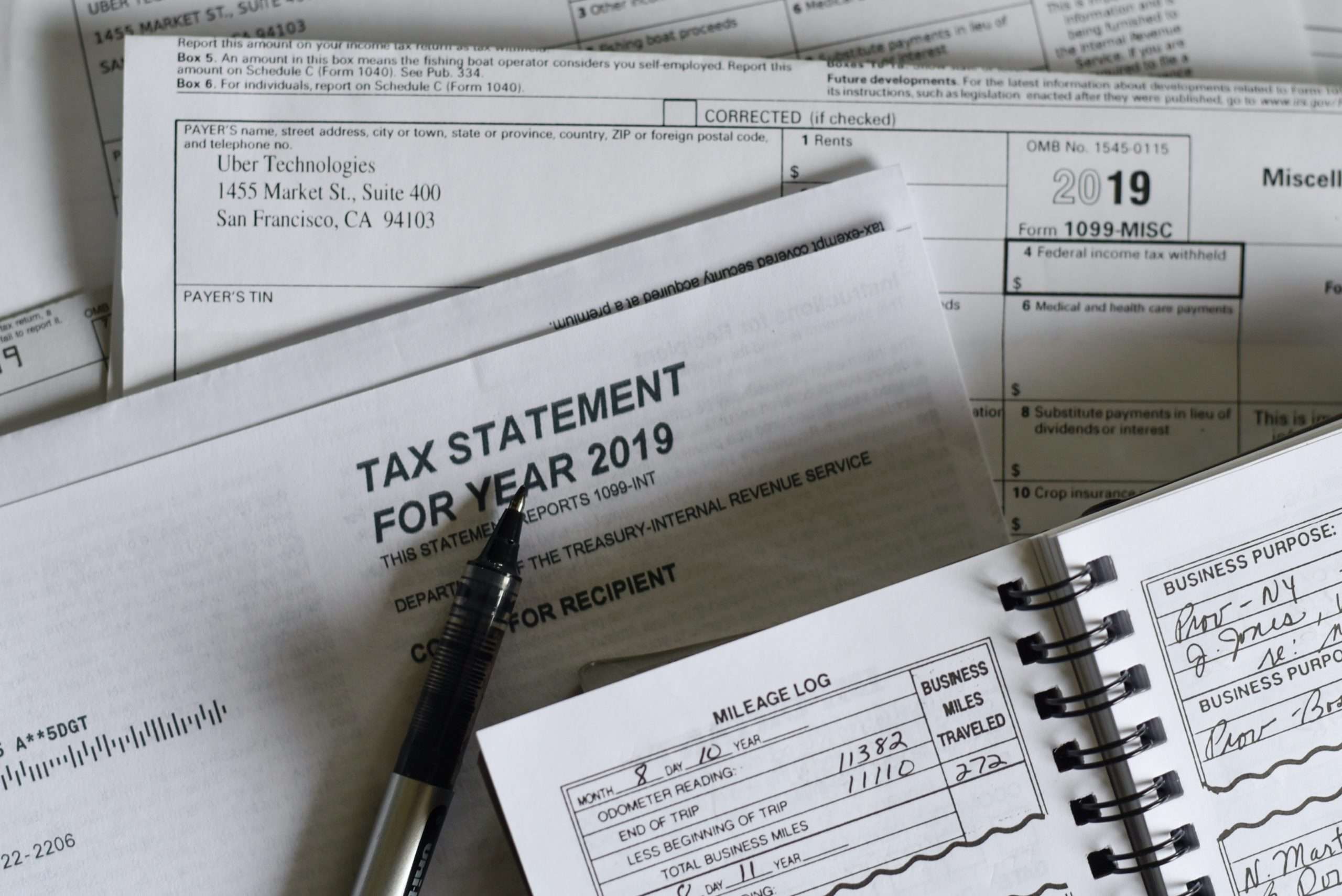Today, the corporate world has accepted such a capability as critical. Not just to have foresight with accuracy, context and time-advantage but also to know which puzzle pieces to protect and for how long. The main difference between government and corporate intelligence is one aspect within the intelligence process – information gathering: legal – illegal. Corporations cannot go the illegal way whilst governments may (in most circumstances must) get puzzle pieces illegally as the nations security demands it. The subtlety labels one activity spying, the other intelligence.
In the 1970s, Motorola became the first company to formalise an intelligence capability. The then President and Executive Chairman realised the value of intelligence for national decision-making purposes and decided to create an internal intelligence capability followed by it being part of the corporate strategy-making culture.
The board may not have the time nor the insight on how issues brought to their attention can have multiple consequences. With the general understanding that strategy drives every outcome, every output, auditing strategic processes is considered of more relevance than guiding and driving most decisions from the financial perspective.
The Audit Committee, typically focusing on financials and policies, may have challenges in auditing strategy. If profits and brand value are shaped from the strategy applied to it. Not just the capability of one person, but the establishment of clear SOPs for strategic processes.
Ericsson’s Audit Committee fires its CEO after discovering that he did not consider intelligence reports that clearly and accurately predicted the future competitive environment.
Requesting intelligence is directly linked to wanting to know about the future, not the now. Therefore, research-requests language (for wanting to know the now) is different from intelligence-request language (for wanting to know the future). An intel request must:
WHY INTELLIGENCE CANNOT BE A FUNCTION WITHIN STRATEGY
Intelligence is to provide insight with foresight. It’s separation and independence from the strategy process ensures objectivity.
Following the knowledge that the CIA was to advise the President of the USA on the strategy to create based on their intelligence, it was decided (and later a new law was put in place), that an intelligence unit that is made responsible for strategy creation and guidance breaches its purpose and ethical standards. Any strategy advice by an intelligence unit is to be rendered unacceptable.For a full article on this you can go to:
TIP : Responsibility of the Board of Directors
Get insight to quickly assess the breath and depth of a strategy that you have to consider or approve. Ask:
- Against what guiding criteria have scenarios been developed?
- What don’t we know that is of critical relevance for this strategy?
- What is the strategy value and how much time, effort and resources have we invested in intelligence?
Situation :
You are being informed a major new competitor is planning to enter your market. The company will set up a production facility of grand scale.
What would you like to know? What is needed to know to prepare a pro-active strategy? You may come out with the following requests:
Which products will they focus on at the initial stage and why?
What will be our internal/external challenges in securing our position in the market?
You are shared the following intelligence:
- They will start producing the product that is most sold in the market at the same quality as the best in the market but create a price disruption. This insight is supported by a blueprint of their possible production facility (80% accurate).
- Internal: they may pinch critical staff at all management levels. They will possibly start within HSE and Distribution.
- External: They may former senior staff of ours who are retired but have strong political and commercial connections.
Actions:
- Calculate how long they can maintain a low price strategy against our position to do the same.
- Potential staff they may hire from us, engage with them and assess the possibility of them leaving.
- Who will be their likely directors?
General perspective
The value of intelligence is time-sensitive. It declines as the ‘future-day’ arrives. Converting intelligence in a strategic action is the critical part – not having intelligence. Therefore the actions after the intelligence is shared, the processes within strategy-to-execution, become the point of effectiveness and efficient measurement (EEM). Once this is at a high standard, disruptive strategies can be put in place. Such an internal corporate activity (intelligencedriven strategic decision-making) has both an offensive and defensive value.
NOT KNOWING IS BAD ENOUGH. NOT ACTING ON KNOWLEDGE IS WORSE
Surprises become weaknesses. And those weaknesses accumulate rendering an organisation extremely vulnerable. Directors are aware that their signatures are binding, their responsibility legal.
An organisation depending on a few with access to information of strategic value is creating a human dependence for its competitiveness. While experts are being hired and trained for running each department, each vice-president, has above all, a strategic duty towards the aspects on the operational duties and responsibilities.
The board of directors, acting like a control tower must have fast, clear and comprehensive multi-dimensional awareness of what is going on, and what will happen in the near, medium and long term future. The overall responsibility lies with the CEO (driver and holder of the grand strategy) and the COO (driver and holder of the operational support to the mission and vision of the organisation.
At the highest level in the organisation chart the board as well as the audit committee can request intelligence for their decision-making function. If we consider the designation of VP Intelligence (usually this is not the title, but rather VP Competitive Analysis or something similar), the roles and responsibilities would stay at the macro level.
This department would be the HQ for all other intelligence activities performed by other departments and will serve directly to the CEO, COO and VPs. Physically, the office of the VPI would be next to that of the CEO as its support at that level must be direct. Although the intelligence process would be the same for any management and directors’ application, the focus and therefore the capabilities and other resources would be guided by the functional support it provides. As an example, the VP HR would have the intelligence concept as applied to recruitment, training and development and career/succession planning.
The VP Legal would apply intelligence into the agreements with others, especially if the other party has an intelligence capability. A critical situation is the legal document when engaging consultancy firms that also provide services to your competitors.
A GLIMPSE INTO THE CURRENT INTEL WORLD
The Strategy & Competitive Intelligence Professional www.scip.org has been established to provide a ground for development of intelligence professionals. Over 7,000 intelligence professionals (maybe some even representing your competitors, strategic alliance partners of future targets for your ventures) are members whereby the sharing of knowledge, experiences and networking is an on-going activity. You may want to ignite your organisation to find out more; maybe even get passively involved.
The most active and the ones who invest the most in intelligence capabilities and activities are organisations that work in high-risk, high-investment and long-term gestation periods. Examples are companies in pharmaceuticals, aerospace, energy and information and communication technology. Whilst they work on intelligence for long-term strategic planning, companies that operate in a fast-moving environment require more ground-intelligence.
Trade fair, exhibition and conference intelligence is one of the most powerful and low-cost intelligence opportunities. Knowing who will be there, why there are there, their plans whilst they are there provides a clear direction to determine how one will participate and what tactics to apply.
Knowing the high investments a participation requires, a company should get more than just media coverage and suitcases full of brochures and business cards.

 1.2
1.2 



















